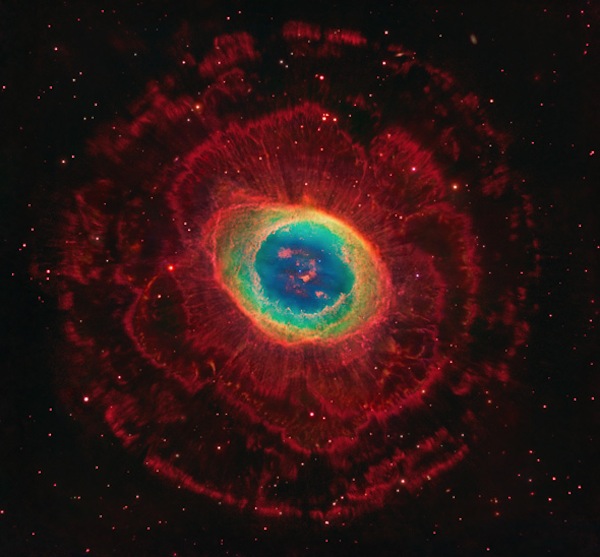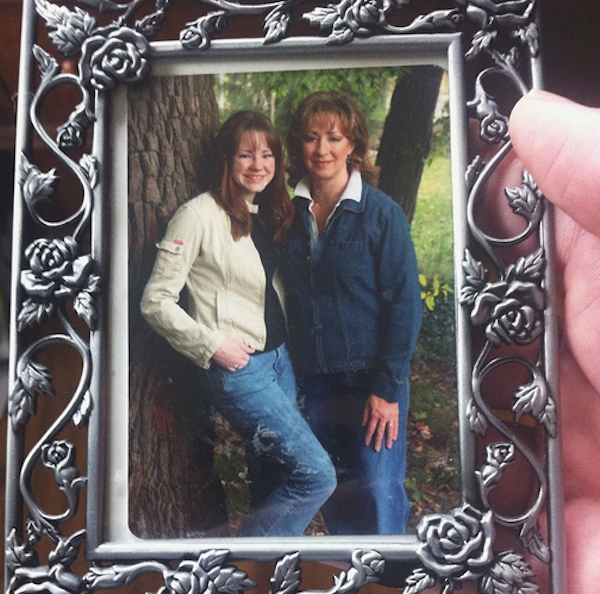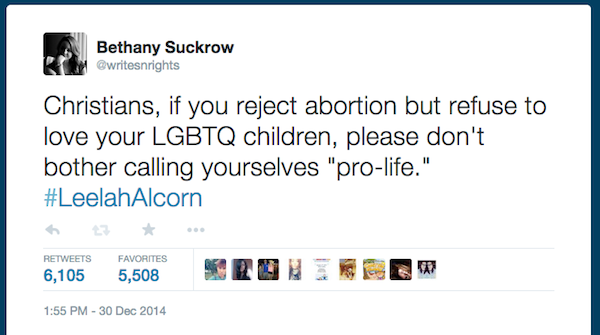There is this word that I’ve always been afraid of, but which now feels like a gift to my faith:
Evolve.
It’s taking its place in a landscape of new language I’m developing for this season of my faith: Wholehearted. Sacred. Wilderness. Scarcity. Abundance. Justice. Grief. Change.
This word came to me a few nights ago while I was watching Cosmos on Netflix. I can’t fully explain the episode* because I’m terrible at science, but it was about stardust and ghosts and the space-time continuum and the edges of the universe.
“From dust you came and to dust you shall return,” never felt more true or made more sense, and the fact that this marked the beginning of the Lenten season for me made it all the more sacred.
—
In Christian Wiman’s My Bright Abyss, he writes,
“Faith is not some hard, unchanging thing you cling to through the vicissitudes of life … Just as any sense of divinity that we have comes from the natural order of things – is in some sense *within* the natural order of things – so too faith is folded into change, is the mutable and messy process of our lives rather than any fixed mental product.”
This is the mutable, messy process of my evolving faith: searching for God in that fold between natural order and unexpected change, tucked away in a space I’ve never looked before. It might be found in the pages of a faith memoir, or in a Netflix binge-watch, or in the pages of my own journal, or a walk in the woods.
The truth is that I think more than I feel my faith at this point in my life.
The deep affection I have felt for God and the Church, once demonstrated through singing hymns and reading scripture and sitting in pews, is demonstrated through solitude and sacred questions right now.
Maybe you have experienced this too: that our love and our questions aren’t separate, but deeply connected. There are seasons when our questions are the fruit of our deep affection for God and the Church. Because we love, our questions matter. Asking these questions is an act of tending the soil – the sacred ground – of our faith. Some things that once marked our growth have ripened and fallen to the soil, fertilizing it for other seeds to take root and grow in the seasons to come.
” … it seemed as if the tiniest seed of belief had finally flowered in me, or, more accurately, as if I had happened upon some rare flower deep in the desert and had known, though I was just then discovering it, that it had been blooming impossibly year after parched year in me, surviving all the seasons of my unbelief.” – Wiman, My Bright Abyss
—
Maybe we are made of stardust. Maybe we look at the sky and see the ghosts of centuries past, lighting the darkness for us. Maybe we see the stars and unknowingly see the spirit of our mothers, gathering the universe unto themselves like they have since our birth. Maybe Mother Earth is that ineffable God-love I feel when I tend another sacred question.
Whatever, I still believe:
She makes everything beautiful in its time.
—
*Cosmos Episode 4: “A Sky Full of Ghosts,” for my curious readers.




